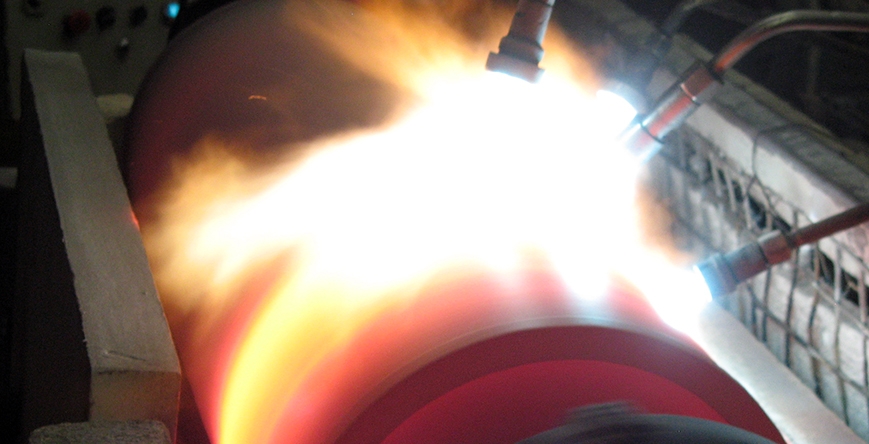EVENT DETAILS
In this seminar Ashok Meghwal presented his research on serviceability of HVOF sprayed coatings from an atomised chromium carbide based feedstock (Cr23C6-40NiCr) compared with those from a conventional Cr3C2-25NiCr agglomerated and sintered feedstock powder. Coatings were exposed to 540 °C and 610 °C for 168 hours in both air and steam environments. XRD analysis revealed that Cr23C6 was the major carbide phase present in the Cr23C6-40NiCr powder and coatings. Analysis of the Cr23C6-40NiCr XRD patterns by Rietveld analysis showed a comparable concentration of Cr23C6 in both the powder and coating, implying minimal carbide dissolution. However, the Cr3C2 content in the conventional Cr3C2-25NiCr coating was markedly reduced, indicating carbide dissolution occurred to a greater extent. Air oxidation led to the formation of a coarse surface oxide, due to the initial formation of Ni-based oxides, before a continuous Cr2O3 layer could develop underneath. A notably finer and more uniform oxidised surface composed only of Cr2O3 was formed during steam treatment across both coating types. Despite, Cr23C6 being the main carbide phase in the coating and the high binder content (40%NiCr), the microhardness of the Cr23C6-40NiCr coating was comparable to that of the conventional Cr3C2-25NiCr coating, both in the as-sprayed and treated states.
Ashok Meghwal is a PhD Candidate in materials engineering with Swinburne University of Technology. His doctoral research investigates the thermal spray coatings for extreme engineering environments. He holds a master’s in metallurgical engineering (RWTH Aachen) and a bachelor’s degree in metallurgical and materials engineering (Malaviya National Institute of Technology Jaipur).
PRESENTED BY:
Mr Ashok Meghwal (PhD Candidate, Swinburne)
DATE
18 October 2019


